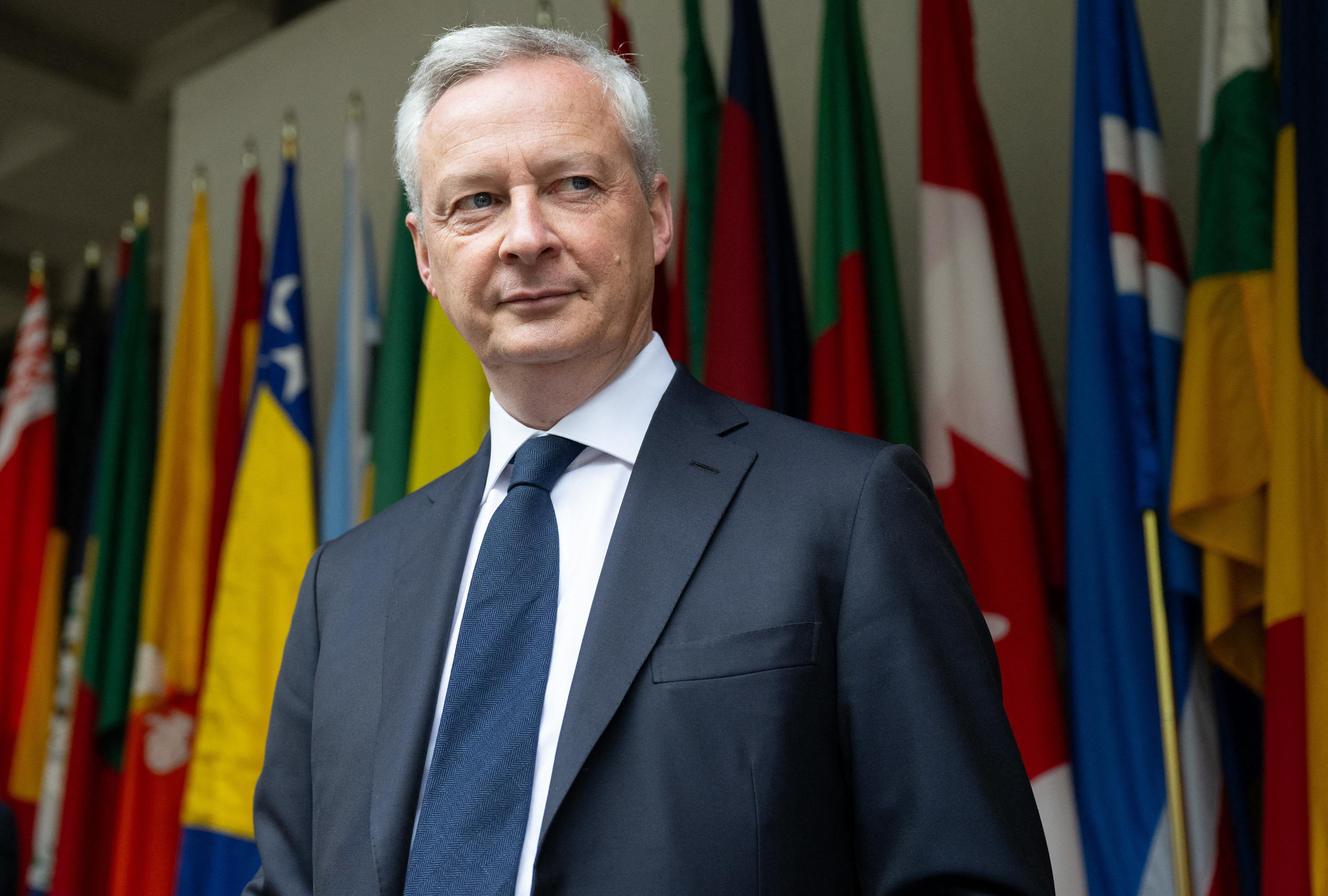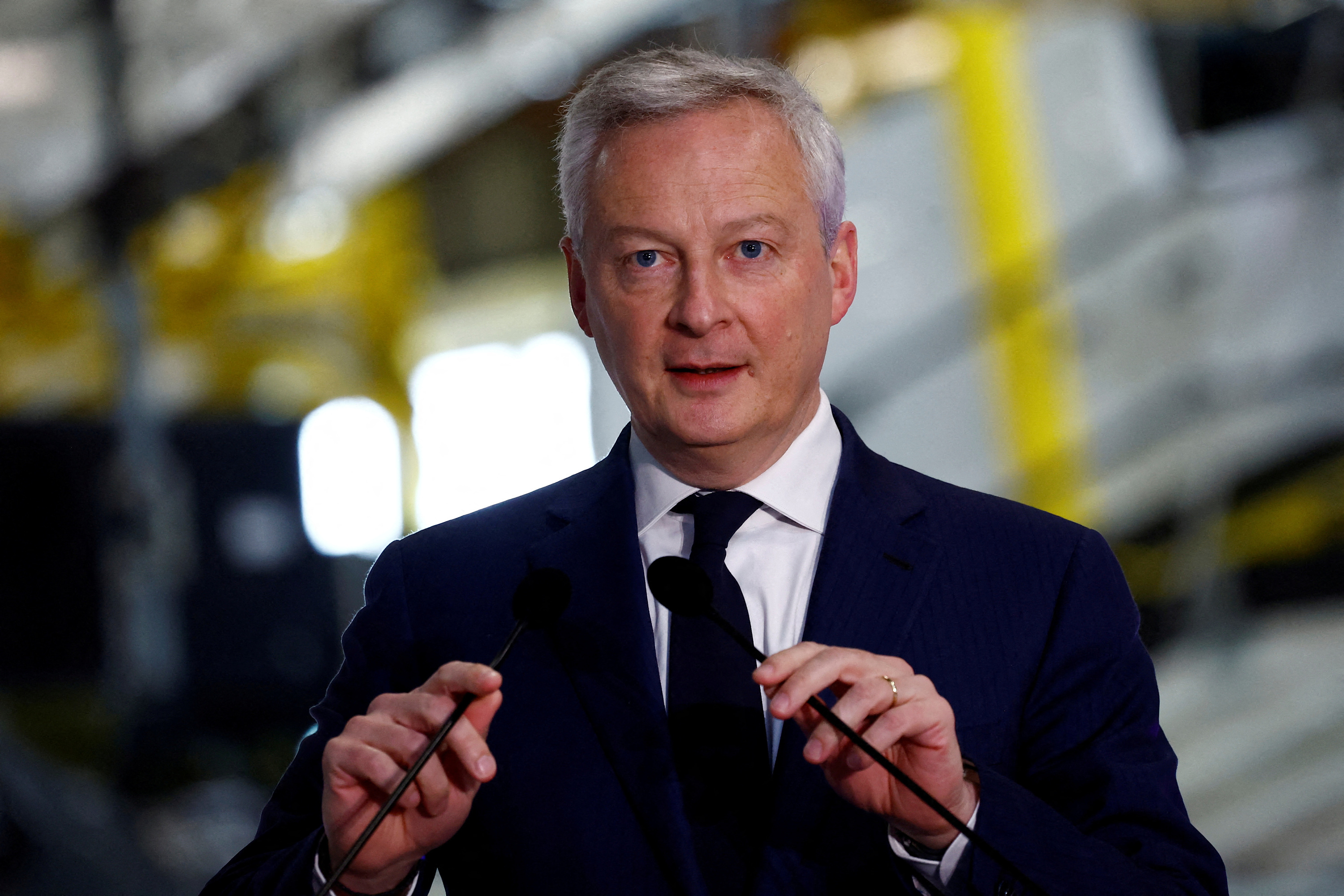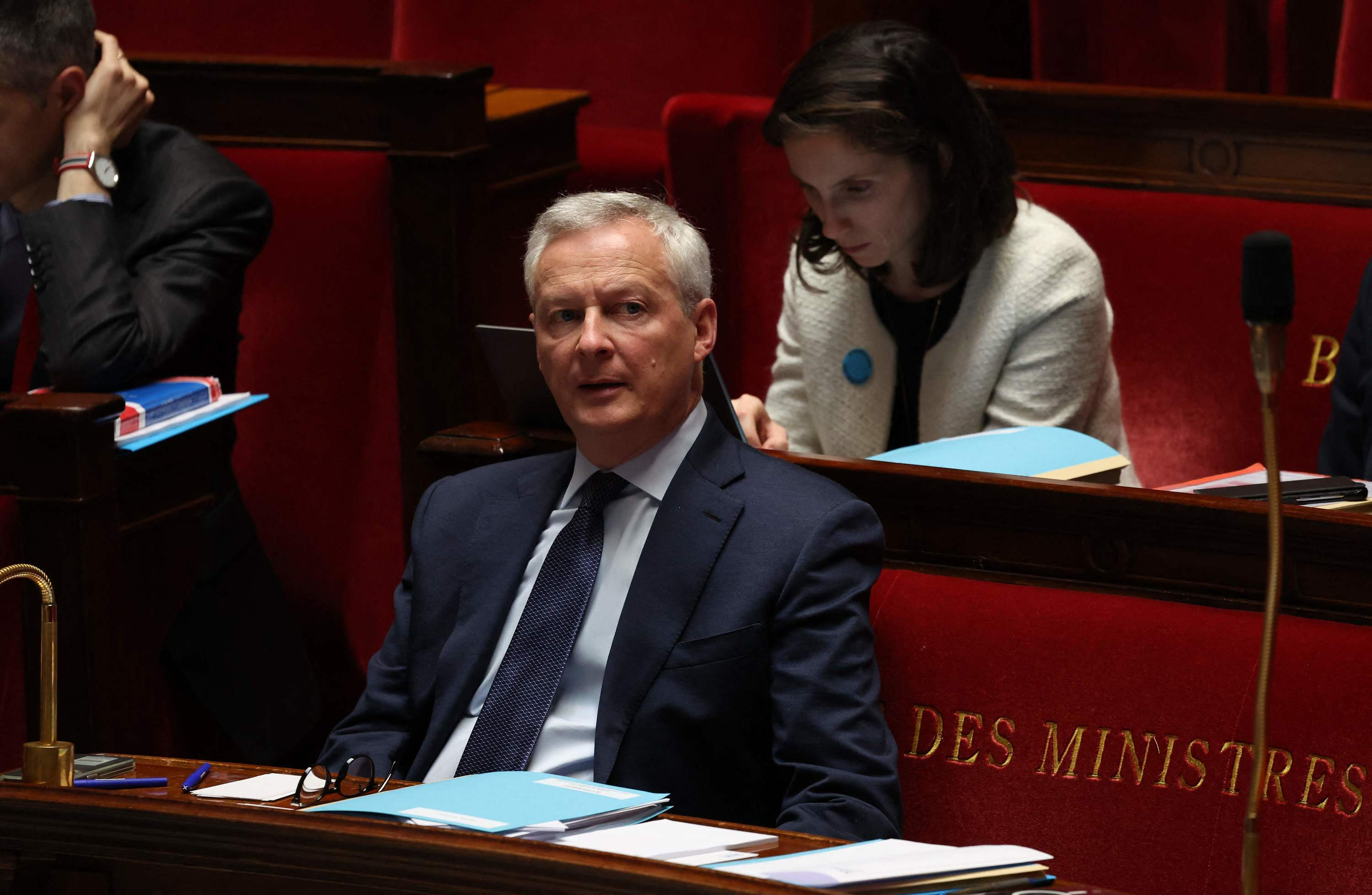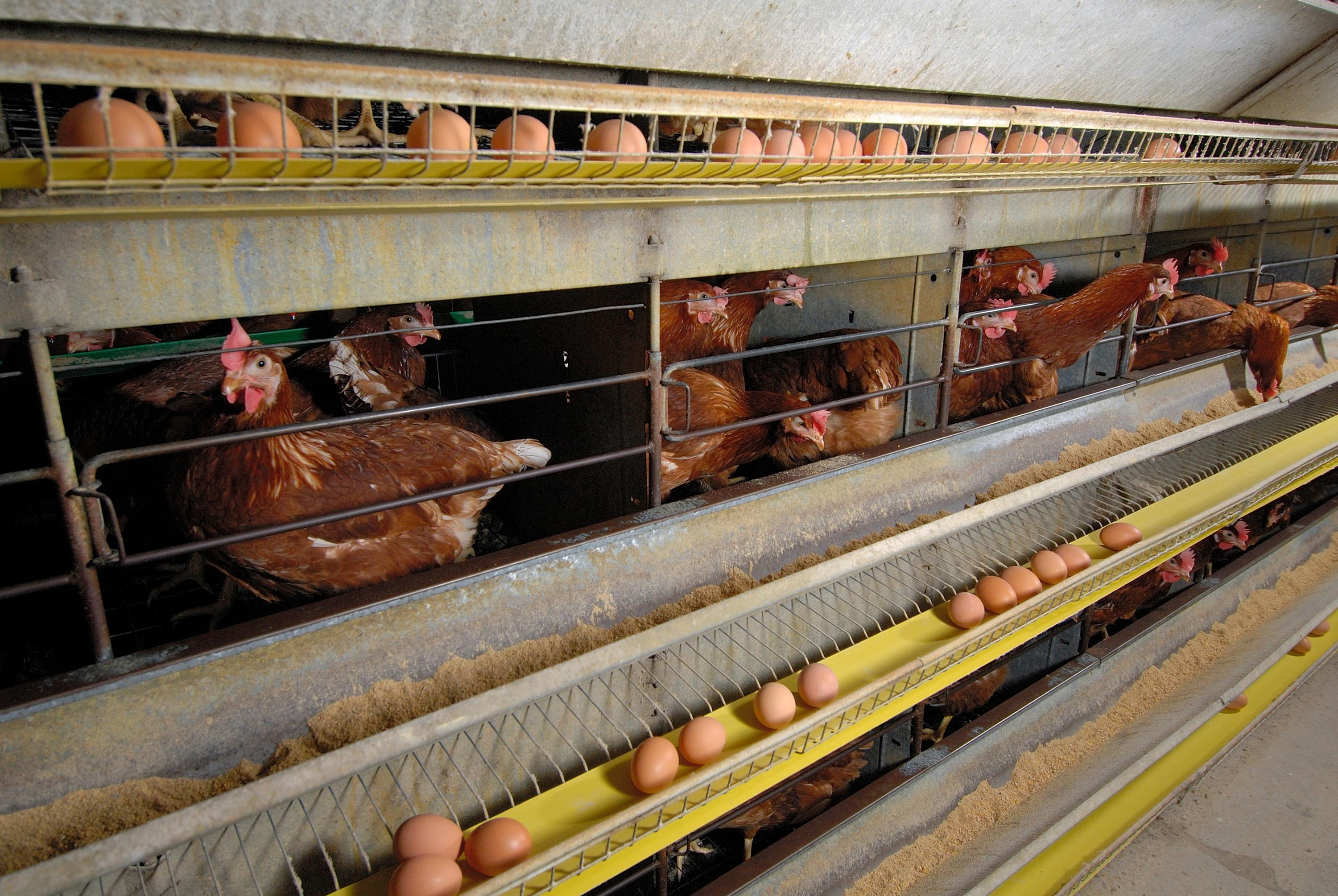For years there has been a debate about whether or not the origin of criminals or criminal suspects should be mentioned in media reports. Editors have to decide again and again, usually in criminal cases, whether they want to name nationalities in articles. The non-binding set of rules of the German Press Council is and cannot be clear on this point. Since 2017, reference has been made to a “legitimate public interest” in the origin of people suspected of a crime, which must be given. Before that, it was said that there had to be a “justifiable factual reference”. The decision itself lies with the respective media.
Cologne’s New Year’s Eve in 2015 exacerbated this question of media ethics – the police only communicated the extent of the incidents around Cologne’s main train station late, and only days after the turn of the year did it become known that hundreds of women had been sexually harassed, mainly by men North African and Arabic origin.
On the one hand, this was due to the defensive communication of the police, but also to the fact that there were hardly any media "on site"; Cologne newspapers first reported on eyewitness accounts. The fact that the origin of the men was then named and openly discussed was ultimately due to the large number of attacks.
Now the turn of the year is the occasion for reports on attacks and assaults, which according to police reports and the media as well as eyewitnesses were mostly committed by people with a migration background. It went much faster this time – videos were posted on social media, journalists researched, and the police and fire brigade were informed. As WELT reported, according to information from the police, at least 111 of the 145 arrested in Berlin immigrated to Germany themselves or are descendants of immigrants.
However, there is still disagreement about whether and how to report on the origins of suspects and perpetrators. The arguments and the patterns of the debate are repeated – while opponents of naming origins warn of discrimination and racism, supporters say that naming prevents the spread of rumors – and leads to “inconvenient truths”, meaning the criminality of migrants , would be discussed.
An interview conducted by Rundfunk Berlin-Brandenburg (RBB) on New Year's Day with fireman Baris Coban has become an exemplary document of this controversy. After describing how the fire brigade was attacked from the crowd, Coban said: "I'll call it a spade: These were not left-wing autonomists who have a problem with the system. They were young adults, mostly with a migration background." And further: "I say that even though I have a migration background myself. I've fought prejudice all my life, but what more can I say?"
The words of the chief fire chief were impressive and clear - and seemed official and authentic at the same time, which usually doesn't go together. This also explains why the video mainly went through the social networks. The interview was published before an official police statement on the origin of those arrested - so it apparently also took on additional meaning.
On New Year's Eve, Berlin showed its ugly side. Firefighters were ambushed and then targeted. "Nobody expected the ruthlessness," says firefighter Baris Coban, who himself was caught in such an ambush.
Source: WORLD
In a later interview with WELT, Coban said it was important to name problems, but also added: “There is no place for right-wing extremism in this debate.” Which indicates that statements that only name one fact – ultimately by is not even concealed from the official bodies - can be used for instrumentalization in right-wing circles.
The assumption or the assertion that the migration background of many suspects in this or other cases is being concealed by the media, for example in order not to have to address the consequences of migration policy in German politics, persists. Ironically, the video with Chief Fire Chief Baris Coban plays a role here again.
Because in its January 2 issue, the ARD “Tagesthemen” had shown an excerpt from the RBB interview, but did not broadcast the passage with the reference to the young people’s migration background. The ARD "manipulated" the video, read a headline in the medium "Tichys Insight", the "Bild" newspaper reported: "'Daily issues' censor fireman".
From a journalistic point of view, the question must be asked whether Coban's strong and not defamatory assessment should also have been used in the "Daily Issues". However, the allegations of "manipulation" are misleading. According to a spokesman, the contribution for the "Tagesthemen" was also produced by the RBB, who published the original interview himself. The interview also ran in radio programs on ARD and in "Morgenmagazin". So why not in the “Daily Topics”?
According to a spokesman, the article was primarily about a possible ban on firecrackers: "It was a decision for one focus that day, not against the other." That may have been a journalistic misjudgment - but that the aspect of origin was deliberately omitted in order to hide a topic cannot be proven.
It is nevertheless striking how the aspect was not discussed in the further broadcast, although there would have been an opportunity. Namely in an interview with the criminologist Thomas Felten, who was asked directly by the presenter Aline Abboud what he could say about the groups that had used violence on New Year's Eve. You have to "differentiate that very much," was the answer.
One has to assume “that these were simply young people who were particularly disadvantaged in the past months and years” – the corona restrictions were meant. In addition, among them are young people in a “socially marginalized situation”. In this conversation, social factors were obviously more important to the criminologist than possible other factors - but that was his weighting, not that of the editors.
The media's task of addressing as many factors and backgrounds as possible that led to such acts of violence as on New Year's Eve was only inadequately fulfilled, for example in a program on "ZDF Today" on January 3rd. Missing information is cited - the Berlin police officially published the nationalities of those temporarily arrested on January 3rd. Not considering the migrant background of many suspects, in addition to the social situation of young people who are prone to violence, is not an option at this point.
In such cases of high social attention and tension, the "legitimate public interest" demanded by the press council is an order for the media to take all possible causes and factors into account. Even if commentators are of the opinion that the migrant background plays little or no role. Because only then will the media have it in their hands to conduct this debate responsibly – without allowing themselves to be exploited by political camps.

 What is chloropicrin, the chemical agent that Washington accuses Moscow of using in Ukraine?
What is chloropicrin, the chemical agent that Washington accuses Moscow of using in Ukraine? Poland, big winner of European enlargement
Poland, big winner of European enlargement In Israel, step-by-step negotiations for a ceasefire in the Gaza Strip
In Israel, step-by-step negotiations for a ceasefire in the Gaza Strip BBVA ADRs fall almost 2% on Wall Street
BBVA ADRs fall almost 2% on Wall Street Sánchez cancels his agenda and considers resigning: "I need to stop and reflect"
Sánchez cancels his agenda and considers resigning: "I need to stop and reflect" The Federal Committee of the PSOE interrupts the event to take to the streets with the militants
The Federal Committee of the PSOE interrupts the event to take to the streets with the militants Repsol: "We want to lead generative AI to guarantee its benefits and avoid risks"
Repsol: "We want to lead generative AI to guarantee its benefits and avoid risks" Osteoarthritis: an innovation to improve its management
Osteoarthritis: an innovation to improve its management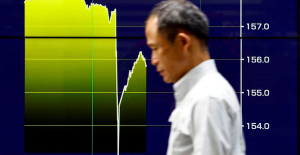 The yen jumps 3% then falls again, amid speculation of Japanese intervention
The yen jumps 3% then falls again, amid speculation of Japanese intervention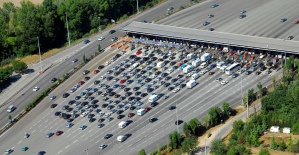 A very busy Friday on the roads of Île-de-France before the Ascension Bridge
A very busy Friday on the roads of Île-de-France before the Ascension Bridge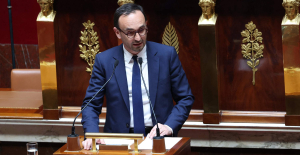 Fraud: the government is preparing new measures for the fall
Fraud: the government is preparing new measures for the fall Nike breaks the bank to keep the Blues jersey
Nike breaks the bank to keep the Blues jersey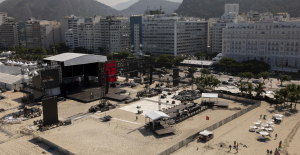 Madonna ends her world tour with a giant - and free - concert in Copacabana
Madonna ends her world tour with a giant - and free - concert in Copacabana Harry Potter: Daniel Radcliffe “really saddened” by his final breakup with J.K. Rowling
Harry Potter: Daniel Radcliffe “really saddened” by his final breakup with J.K. Rowling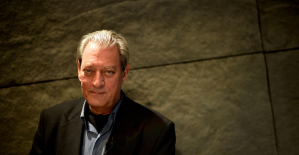 Leviathan, New York Trilogy... Five books by Paul Auster that you must have read
Leviathan, New York Trilogy... Five books by Paul Auster that you must have read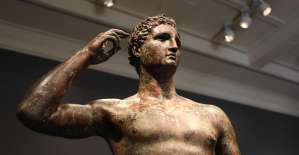 Italy wins a decisive round against an American museum for the restitution of an ancient bronze
Italy wins a decisive round against an American museum for the restitution of an ancient bronze Omoda 7, another Chinese car that could be manufactured in Spain
Omoda 7, another Chinese car that could be manufactured in Spain BYD chooses CA Auto Bank as financial partner in Spain
BYD chooses CA Auto Bank as financial partner in Spain Tesla and Baidu sign key agreement to boost development of autonomous driving
Tesla and Baidu sign key agreement to boost development of autonomous driving Skoda Kodiaq 2024: a 'beast' plug-in hybrid SUV
Skoda Kodiaq 2024: a 'beast' plug-in hybrid SUV The home mortgage firm rises 3.8% in February and the average interest moderates to 3.33%
The home mortgage firm rises 3.8% in February and the average interest moderates to 3.33% This is how housing prices have changed in Spain in the last decade
This is how housing prices have changed in Spain in the last decade The home mortgage firm drops 10% in January and interest soars to 3.46%
The home mortgage firm drops 10% in January and interest soars to 3.46% The jewel of the Rocío de Nagüeles urbanization: a dream villa in Marbella
The jewel of the Rocío de Nagüeles urbanization: a dream villa in Marbella Europeans: a senior official on the National Rally list
Europeans: a senior official on the National Rally list Blockade of Sciences Po: the right denounces a “drift”, the government charges the rebels
Blockade of Sciences Po: the right denounces a “drift”, the government charges the rebels Even on a mission for NATO, the Charles-de-Gaulle remains under French control, Lecornu responds to Mélenchon
Even on a mission for NATO, the Charles-de-Gaulle remains under French control, Lecornu responds to Mélenchon “Deadly Europe”, “economic decline”, immigration… What to remember from Emmanuel Macron’s speech at the Sorbonne
“Deadly Europe”, “economic decline”, immigration… What to remember from Emmanuel Macron’s speech at the Sorbonne These French cities that will boycott the World Cup in Qatar
These French cities that will boycott the World Cup in Qatar Mercato: Verratti at Barça? A track studied
Mercato: Verratti at Barça? A track studied Rugby: after the defeat during the Six Nations, the Blues will meet the English in September for a test match
Rugby: after the defeat during the Six Nations, the Blues will meet the English in September for a test match Premier League: Liverpool unveils its new jersey for next season
Premier League: Liverpool unveils its new jersey for next season Formula 1: Alpine holds its new executive technical director
Formula 1: Alpine holds its new executive technical director




